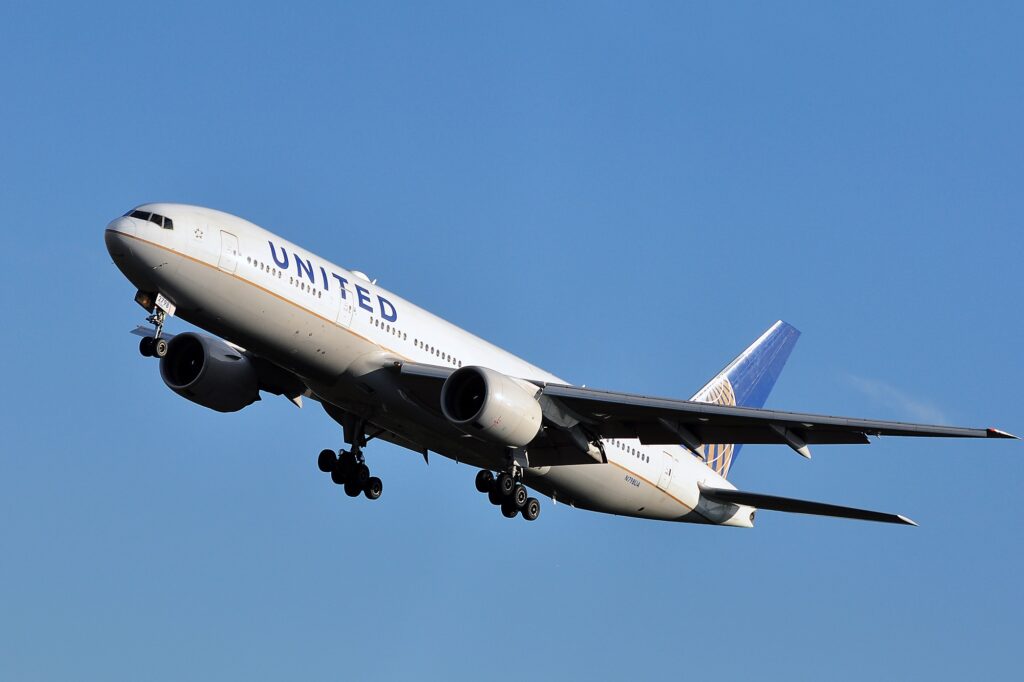The National Safety Transportation Board (NTSB), which began its inquiry into the sudden loss of altitude on a United Airlines flight following take-off on February 14, 2023, will look into the position of the aircraft’s flaps during the initial phase of the flight, as well as the actions of the crew.
The NTSB indicated that it would produce a preliminary report in the next two to three weeks. According to a report by The Air Current, citing sources familiar with the matter, the NTSB will focus on how and when the United Airlines Boeing 777-200’s flaps were retracted and the actions of the two pilots during departure from Kahului Airport (OGG), Kahului, Hawaii, the United States (US).
On December 18, 2022, the United Airlines Boeing 777-200, registered N212UA, departed OGG towards its scheduled destination at San Francisco International Airport (SFO). Seconds after take-off from the Hawaiian island, the wide-body jet descended steeply, moving from 2,200 feet (670.5 meters) of altitude to 775 ft (236.2 m). The aircraft did not squawk 7770, a radio code used to alert Air Traffic Control (ATC) of an in-flight emergency, and proceeded to land at SFO several hours later. No injuries were reported on the flight.
However, a Hawaiian Airlines Airbus A330 experienced severe turbulence on its way to Honolulu’s Inouye International Airport (HNL), located 87 nautical miles (100 miles, 161 kilometers) north of OGG, on the same day. 36 people were hurt, including 11 who were seriously injured.

